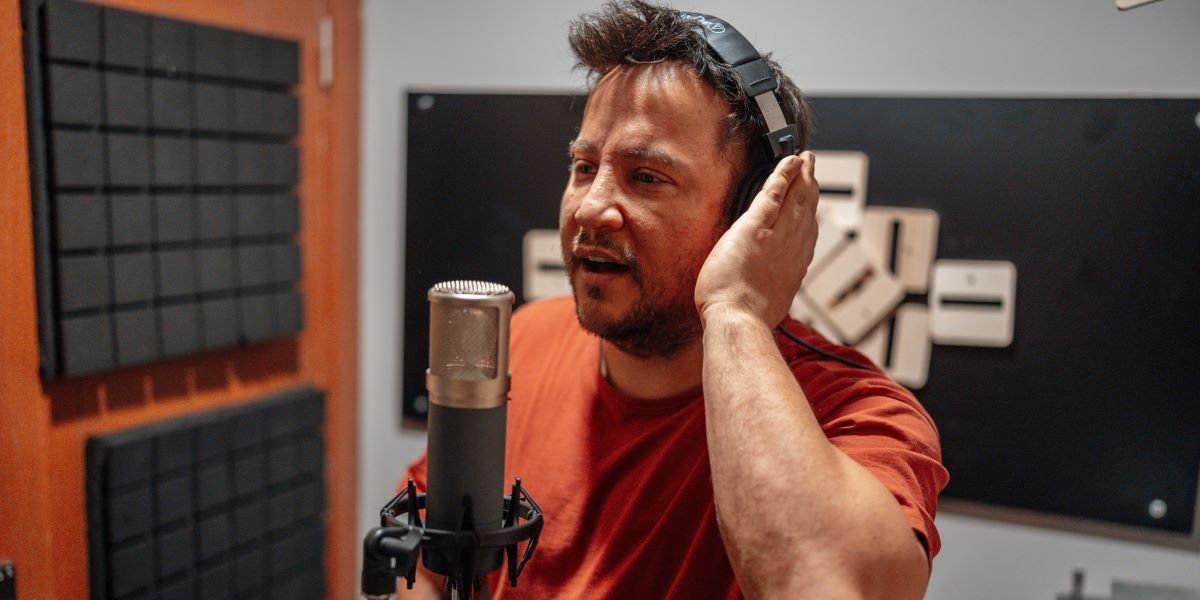By: Lisa Patrick
In ‘Gabriel Lock: Bound by Law’, father-and-son team David and Humberto Cancio plunge readers into the gritty legal maze of 1981 Miami, where justice is anything but straightforward. After a forced resignation, sharp-witted young lawyer Gabriel Lock joins his father’s firm, representing everyday people far from the city’s seedy, high-rolling underworld. As he navigates moral minefields, Gabriel discovers that truth is elusive and the consequences of his decisions hit closer to home than he ever imagined. Packed with tension, heart, and tough choices, this legal thriller explores the high price of doing what’s right in a world painted in shades of gray.
‘Gabriel Lock: Bound by Law’ quickly gripped readers, skyrocketing to the bestseller list shortly after its release and cementing its place as a must-read legal thriller.
What inspired you to create Gabriel Lock’s character as a young lawyer in 1981, and how much of his story is influenced by real-life legal experiences?
David: My Dad got his license to practice law in 1978 where he worked for a two-man firm until going on his own in 1984. During those years, the firm had a general practice, which gave him a lot of experience and insight into many areas of the law. It also gave him a lot of interesting cases that inspired the ones seen in the novel.
Humberto: My cases serve as the inspiration for all of Gabriel’s work; some I handled on my own while others involved partnering with other lawyers but all of Gabriel’s story originates from my practice.
Being a father-and-son writing team, how did you divide the writing process for ‘Gabriel Lock: Bound by Law? Did one of you focus more on character development, while the other concentrated on legal intricacies?
David: The short answer is yes but it’s more complicated than that. We began by deciding that the first novel should be character driven to give Gabriel a richer development instead of being plot driven. It allows the readers to immerse themselves in the cases and the overall narrative a little bit better and explores Gabriel more. Many legal dramas and thrillers revolve around one or two cases that lawyers deal with, which is true in some litigation practices.
Humberto: However, most lawyers handle as many as 60 to 100 cases in one year. Their activities are mostly prep work, negotiations, and preparations for trial. This far outweighs the time in the courtroom and we wanted to illustrate the real dynamics of the practice of law. Therefore, we include hearings, depositions, and the behind-the-scenes work that lawyers do because this constitutes the majority of what most litigators handle.
The way we balanced the work was to find several storylines that would summarize the facets of a general practice and give readers a true sense of civil law. Then I wrote the outlines of the cases while David played Devil’s advocate, trying to poke holes and explore the boundaries of each case. From there he would add more character development while I made sure that it did not conflict with the truth of the legal mechanism. Finally, we revised and edited it together. As an example, when we wrote the court scenes, I dictated the scene while David played scribe. When I finished, he would tell me that readers would understand maybe 50% of the legalese so we then paraphrased until we made it easily understandable, but had enough legalese to make it authentic, so about 70-80% simple language and 30-20% jargon. Some chapters were all David, some were all me, but we made sure to revise and synthesize every chapter to maximize each part in the overall story.
The moral dilemmas Gabriel faces between justice and his clients’ needs are central to the story. What message do you hope readers take away from the complexities of the legal system?
Humberto: Lawyers in a real sense do not fight for justice; they fight for their client. It is up to the judge to determine what is just. Within the confines of the case they are handling for the client, the attorney’s and the client’s fates are bound together.
David: So, the takeaway is to trust your lawyer. The stereotypes account for a small amount of the profession. Second, every case affects the attorneys like it affects the client. Guilt haunts lawyers like unsolved cases trouble detectives. Lawyers have a real problem with chemical dependence within the profession. They spend hours and sleepless nights preparing to defend their clients and then spend sleepless nights wondering and guessing how they could do or could have done better. If they seem callous, it’s because sometimes, they have to be, or their clients will not survive economically, emotionally or otherwise.
Why did you choose Miami in the early 1980s as the setting for the novel? How does the city and era shape the themes of morality, law, and justice in the story?
When you say Miami in the 1980’s most of the world thinks of Miami Vice. The reality is that a much more important story was happening in Miami at the time: thousands of hard-working people arrived from central and Latin America as well as the Caribbean. They came looking for freedom and to escape war. They fueled an enormous expansion and built the foundation of the multicultural metropolis Miami is today.
Gabriel’s faith seems to play a significant role in how he approaches his work and life. Can you elaborate on how his morals and faith evolve throughout the story?
Gabriel’s faith is multi-generational and central to who he is as a person. His faith drives him to have compassion as well as temperance and you see his faith and morals evolve in the story parallel to the increased complexity of his cases. These demonstrate the importance of having a moral compass to guide you as situations escalate in difficulty.
Pick up a copy of ‘Gabriel Lock: Bound by Law’ on Amazon.
Published by: Holy Minoza










